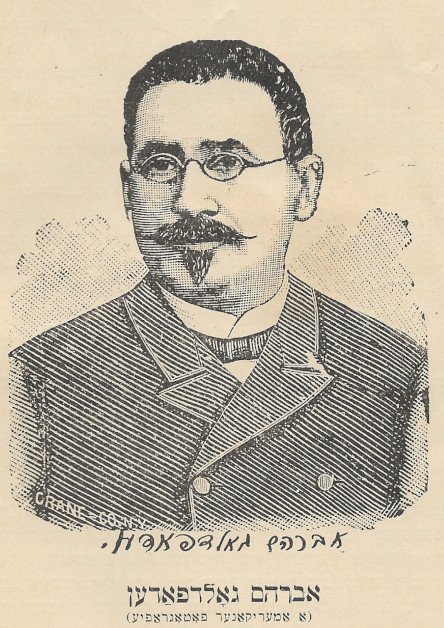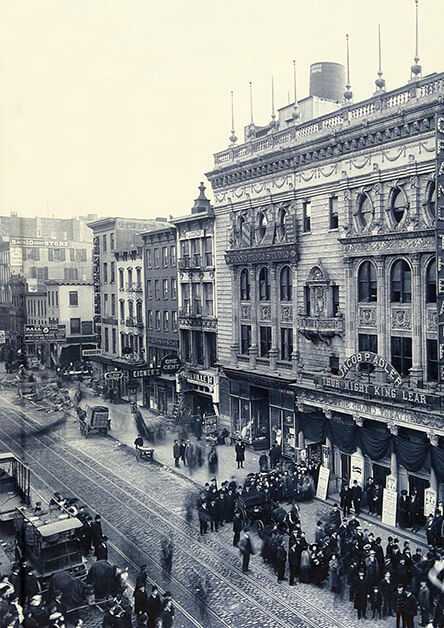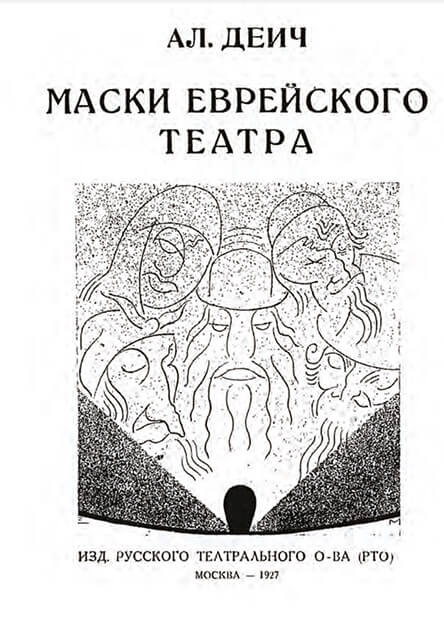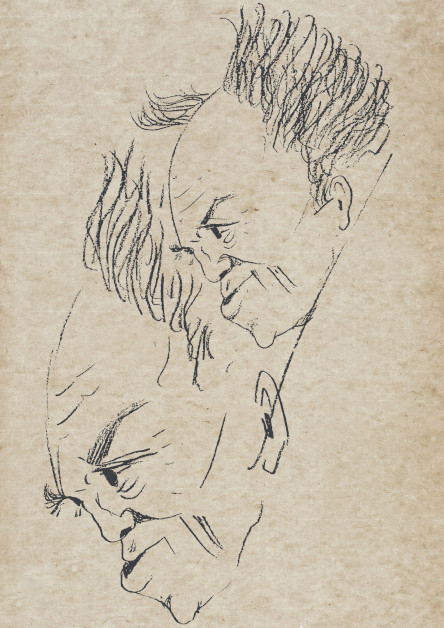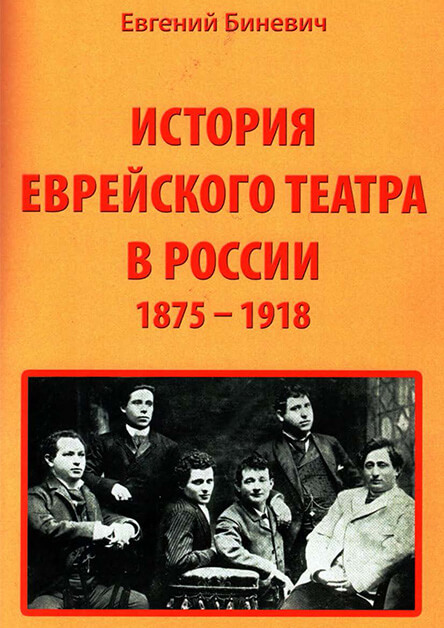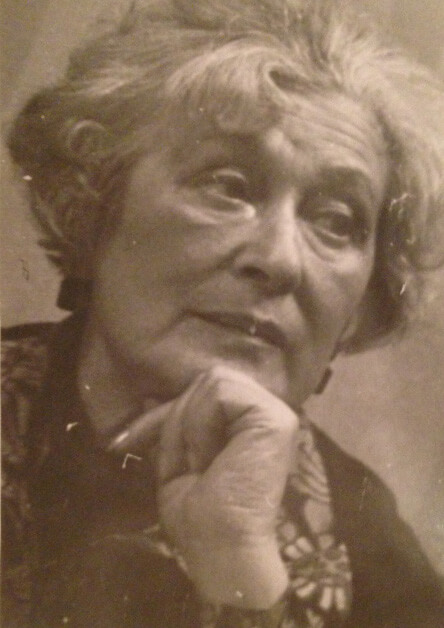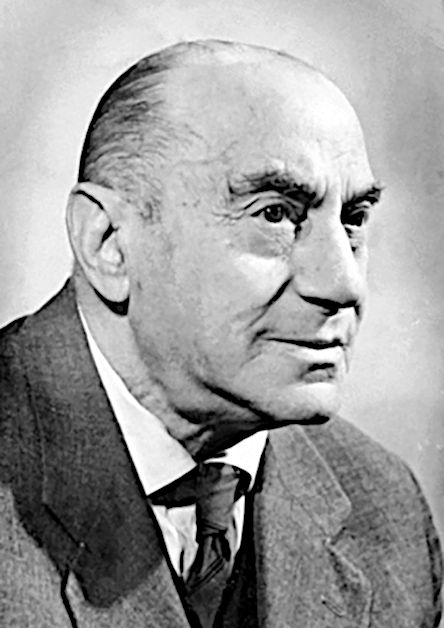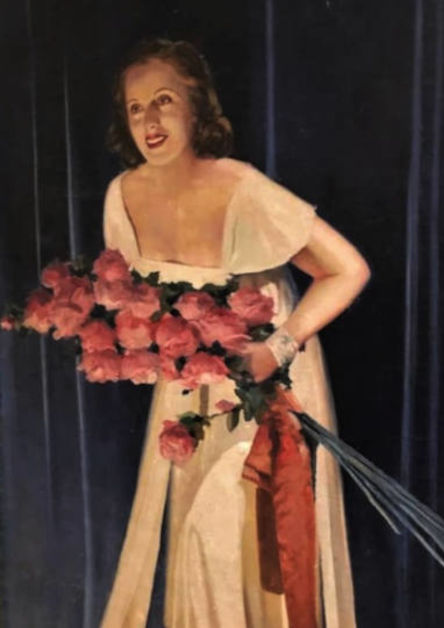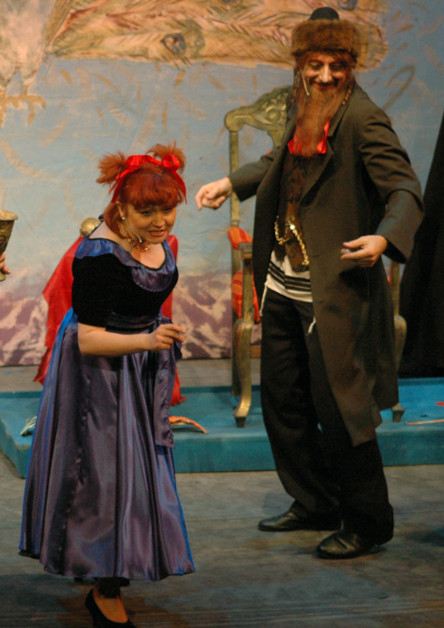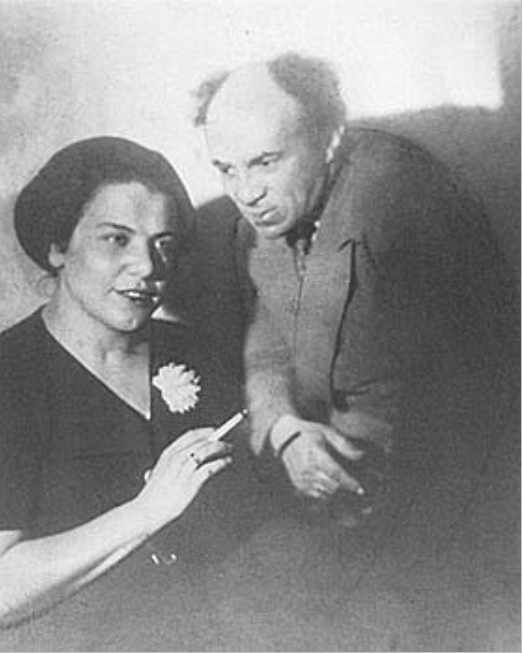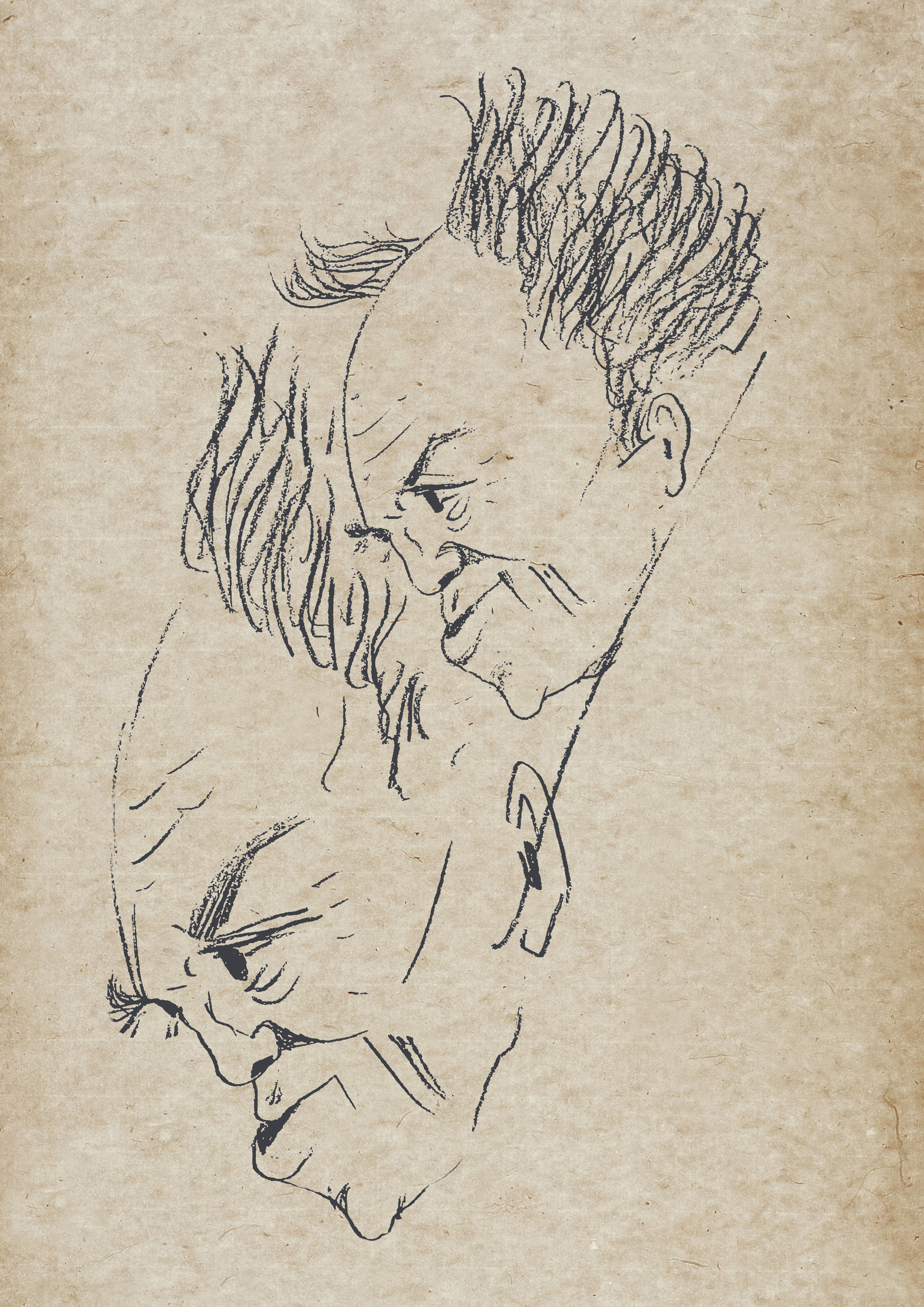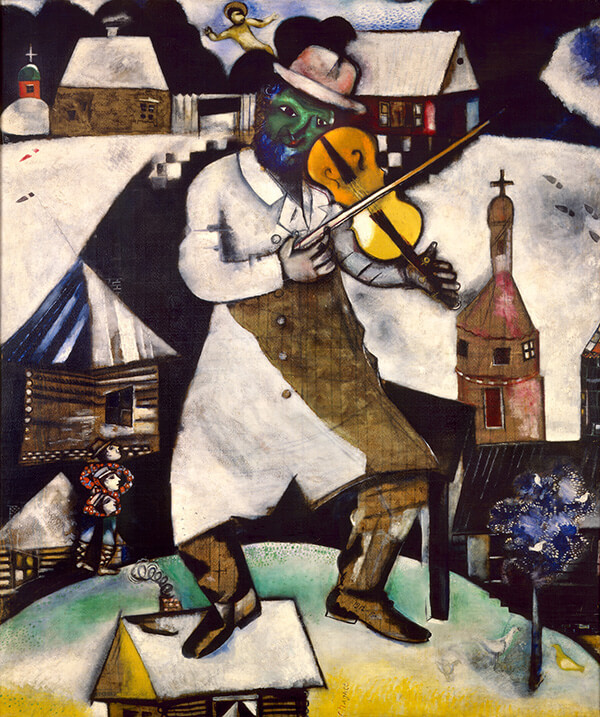Faust Mindlin
Faust Mindlin
My Jewish Actors (Russian)
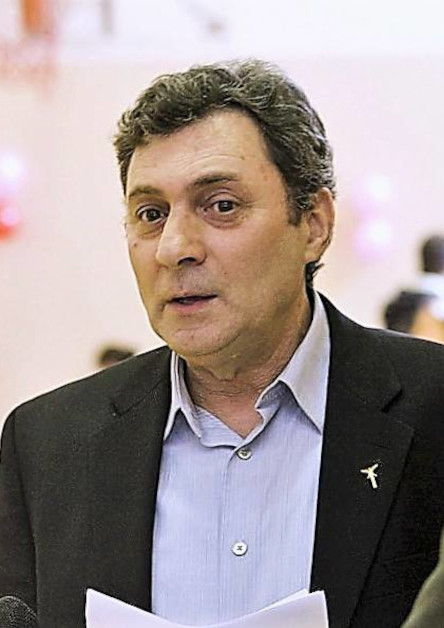
Faust Mindlin
His grandfather, Joseph Mindlin, was an actor and director of Yiddish theaters. With the assistance of Marc Chagall, he created the first Jewish professional workers’ theater in Vitebsk. He also worked as a director and actor of Yiddish theaters in Kiev, Kharkov, Odessa, Smolensk, Baku. After the closure the Odessa Jewish theater, Joseph Mindlin was arrested and sent to the Gulag camps. He died shortly after being released from jail and was posthumously rehabilitated in 1989.
Faust Mindlin’s mother, Rita Gendlina, was a Jewish actress who graduated under the direction of Solomon Mikhoels from the school of the Moscow Jewish Theater School (GOSET). She worked in the theaters of Lvov and Odessa.
In his series of essays, which cover the history of the Odessa Jewish theater from 1917 till 1949, including its descrtuction, Mindlin also reconstructs hitherto unknown historical details of the Jewish theater movement in the Russian Empire of 1879-1917.
Until very recently, he lived and worked in Odessa, until the tragic circumstances of the war in Ukraine forced him to move to America.

